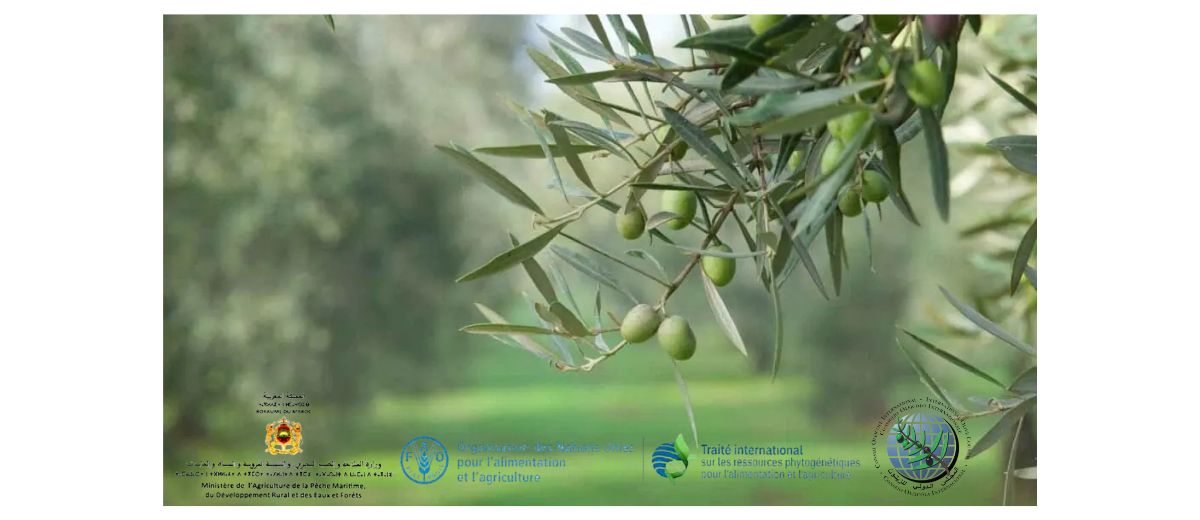The Kingdom of Morocco electronically signed a tripartite agreement on 8 April with the International Olive Council (IOC) and the Food and Agriculture Organization of the United Nations (FAO) to promote the conservation and sustainable use of the genetic resources of olive trees.
Following in the footsteps of Spain, Morocco becomes the second country to sign this historic agreement, which supports the International Treaty on Plant Genetic Resources for Food and Agriculture (ITPGRFA). The agreement aims to protect the genetic diversity of olive trees — a critical resource for the resilience and future of the global olive sector — by encouraging the exchange of information, conservation practices and scientific cooperation.
The agreement was signed electronically by Ahmed El Bouari, Moroccan Minister of Agriculture; Jaime Lillo, Executive Director of the IOC; and Kent Nnadozie, Secretary of the ITPGRFA.
This milestone reinforces the commitment of Morocco, a founding member of the IOC, to the preservation of olive biodiversity: a cornerstone of Mediterranean culture, food security and agricultural heritage. The agreement holds special importance for Morocco, where the olive sector is a key part of agriculture, supporting the economy, climate resilience and land use. With 1.24 million hectares of olive groves, the sector provides significant employment, meets a quarter of the country’s edible oil needs, and generates €184 million in annual exports. Morocco also hosts the world’s second largest olive germplasm collection in Tassaout (Marrakech Region), vital for conservation, research and eventual use.
The IOC welcomes the Kingdom of Morocco’s participation and looks forward to expanding this collaboration with other member countries, strengthening global efforts to protect and enhance olive genetic resources for future generations.
_____
The International Olive Council is the only intergovernmental organisation in the world dedicated to the olive sector. It brings together olive-producing and olive oil-consuming stakeholders to foster collaboration, research and promotion of the sector’s development worldwide.
The International Treaty on Plant Genetic Resources for Food and Agriculture, hosted by the FAO, aims to guarantee food security through the conservation, exchange and sustainable use of the world’s plant genetic resources.
The Kingdom of Morocco, a founding member of the IOC, reaffirms its commitment to preserving the olive tree’s genetic heritage, a key element of its agricultural and cultural landscape, and to contributing to global efforts in sustainability and biodiversity conservation.









